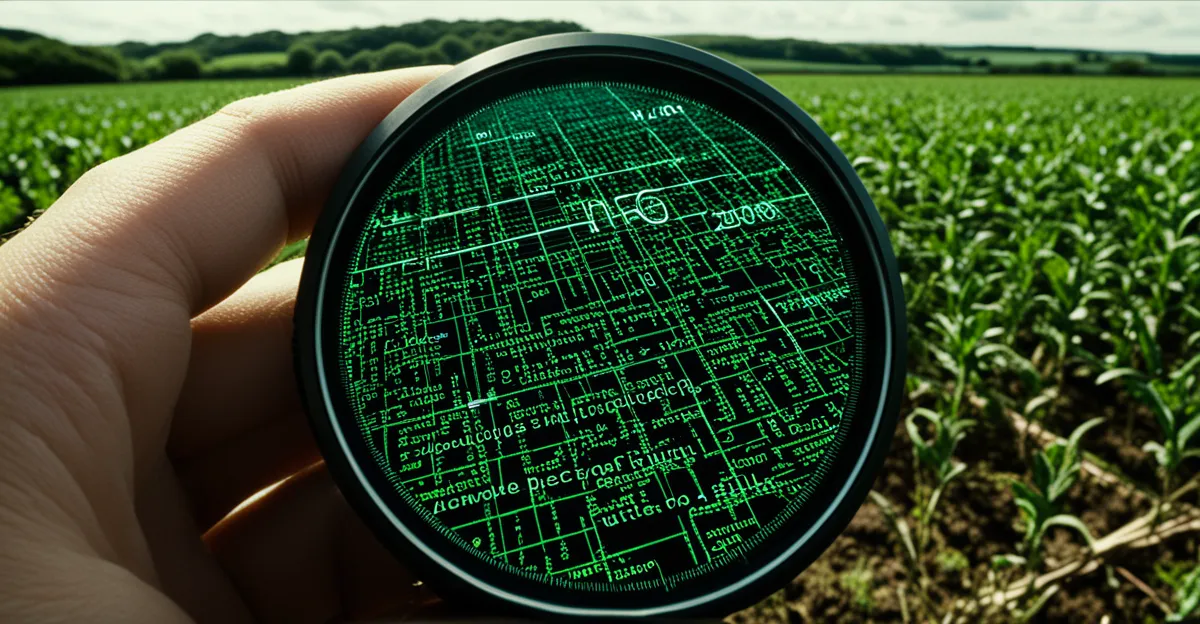UK Technological Innovations Advancing Sustainability
UK sustainable technology is rapidly evolving, driven by a blend of ambitious startups, academic excellence, and government initiatives. Notable UK startups demonstrate leadership in green innovation examples, creating cutting-edge environmental solutions such as biodegradable materials and renewable energy devices. These sustainable startups not only address carbon reduction but also focus on waste minimization and resource efficiency, reflecting the multi-dimensional nature of sustainability.
Groundbreaking research initiatives from leading UK universities significantly bolster this innovation ecosystem. These institutions explore advanced technologies including energy storage, carbon capture, and smart building designs—each pivotal to the UK’s sustainable technology landscape. Their work often translates into practical, scalable solutions adopted by industry leaders.
In parallel : How Are UK Fintech Innovations Transforming Banking?
Furthermore, government-sponsored innovation programs fuel this momentum by providing funding and frameworks that nurture emerging ventures and research projects. These programs emphasize collaboration between academia, industry, and startups to accelerate the deployment of sustainable technologies. Through these combined efforts, the UK continues to establish itself as a hotbed of pioneering environmental solutions that can inspire global sustainability progress.
Impact of UK Technology Across Key Sectors
The UK is making significant strides in sustainable energy, with advancements in renewable technologies such as offshore wind, solar, and tidal power. These efforts are complemented by smart grid developments that optimize energy distribution and storage, reducing carbon footprints nationally. The integration of digital tools enhances efficiency, balancing supply and demand seamlessly.
In the same genre : Can New UK Technology Initiatives Improve Our Everyday Lives?
In the realm of green transport, the UK leads in electric vehicle (EV) adoption and infrastructure expansion. Innovations include developing more efficient battery technologies and charging networks that address range anxiety, a common user concern. These technologies directly contribute to emission reductions, aligned with the government’s net-zero targets.
Manufacturing is also evolving with a focus on circular economy principles. UK companies increasingly adopt eco-friendly manufacturing processes that minimize waste and reuse materials. This shift includes implementing cleaner production techniques and reducing resource consumption, which are pivotal for sustainable startups aiming to scale responsibly.
These sector innovations in the UK showcase a comprehensive approach to environmental solutions, where technology advances hand in hand with practical applications. Emphasizing cross-sector collaboration accelerates impact, making sustainability not just a goal but a measurable reality in diverse industrial landscapes.
Policy and Regulatory Support for Sustainable Innovation
UK sustainability policy plays a crucial role in shaping the landscape for UK sustainable technology development. Recent policies explicitly target accelerating green innovation examples by setting clear net-zero targets and mandating emissions reductions across sectors. These regulations provide a stable framework, encouraging sustainable startups to align their business models with national climate goals.
Government support extends beyond policy through extensive green funding initiatives. These programs supply critical financial resources to research, development, and commercialization stages, helping startups overcome early financial barriers. Public funding complements private investment, facilitating a robust ecosystem where innovation can thrive across various environmental solutions.
Collaboration is another cornerstone of successful sustainable innovation in the UK. Government-led partnerships between academia, industry, and startups foster knowledge exchange and resource pooling. For example, multi-sector consortia enable the rapid testing and scaling of new technologies, ensuring that green innovation examples translate into tangible environmental benefits. Such cooperative efforts also streamline regulatory approval and reduce duplication of efforts.
Together, UK sustainability policy, government support, and coordinated collaborations create a powerful platform. This platform not only nurtures sustainable startups but also ensures that environmental solutions reach the market efficiently, advancing the UK’s leadership in sustainable technology.









